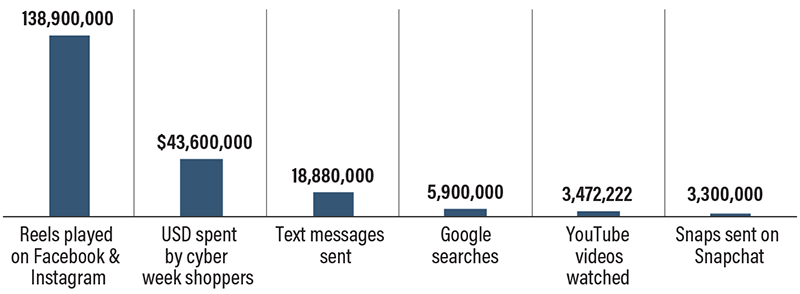Resource Management: How Much Is Your Attention Worth?

Economics is nothing if not about scarcity. The economy functions on the fact that people, whether they know it or not, wake up every morning making decisions on how to allocate their scarce resources. The first thing that comes to mind when scarce resources are talked about is money. Transactions take place based on each individual’s decision to allocate their money. We are used to thinking of these transactions as people selling and buying goods such as food and cars or services such as childcare. But do you know that our attention was sold for $1 trillion last year?
“A wealth of information creates a poverty of attention,” said economist Herbert A. Simon, who first coined the term “attention economy.” There was a time when an ordinary American waited each week for their favorite show to come on television. That time is long gone. Between social media influencers, the constant breaking news and CFC’s podcast, our attention has become a hot commodity—and we wait for nothing. This change is brought about by technology, which delivers information from every corner of the world to your fingertips. The internet and smart phones are the major driving forces, boosted by artificial intelligence (AI). Perhaps, an area where AI excels the most is manipulating our attention. As AI advances further, it will get even better at predicting what it can show us to get our attention so we’ll keep scrolling or to give us the urge to purchase a certain product. In 2024, $1 trillion was spent on advertising globally, 41% of which was soaked up by Google, Meta and Amazon. It is no coincidence that the largest spenders on AI hardware are also those three companies.
Does that mean we are destined to lose control of our attention and have this scarce resource of ours be packaged and sold on Amazon? Probably not. In the near future, our craving for authentic connections will heighten. Someone will seize the opportunity to invent something to fulfill that demand and make billions out of it. It’s uncertain what the invention will be, but, sadly, history suggests that the inventor won’t happen to be an economist.
Global Media Usage Per Minute: Meta Dominates

SOURCE: Domo’s 12th edition of “Data Never Sleeps,” December 2024.
